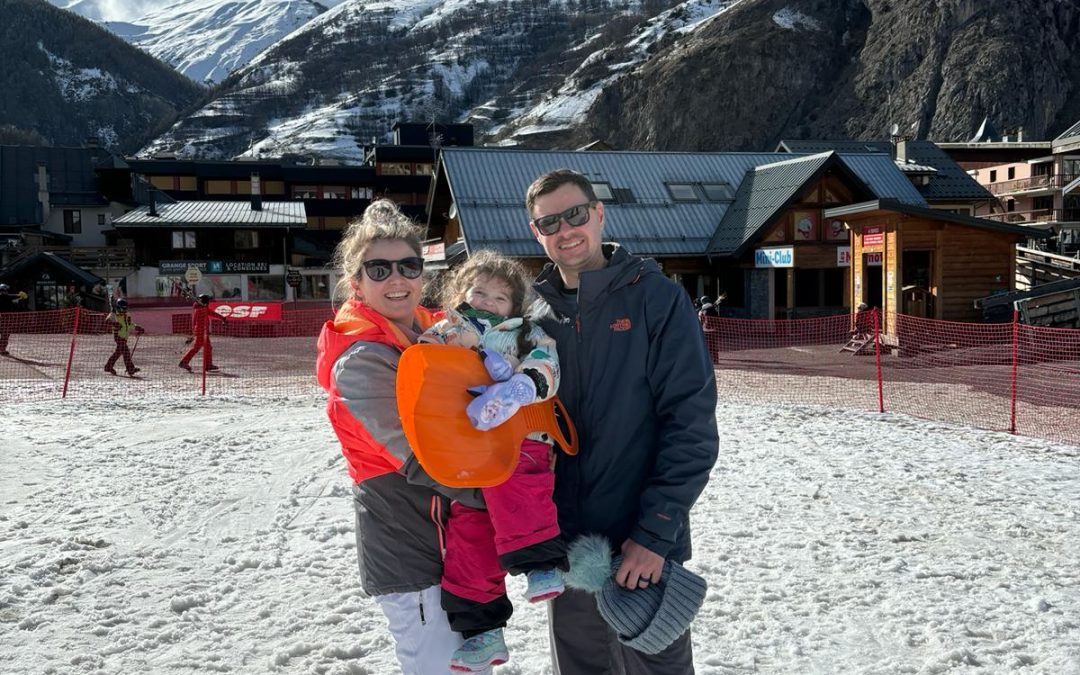By Amanda Visser
In some instances the grass is indeed greener on the other side for South Africans who decide to up sticks and start a new life in a new country. However, once there it is easier to spot the brown spots in the otherwise green pastures. Amanda Visser spoke to three young couples who emigrated to New Zealand and the US. Pseudonyms were used.
Everyday life such as opening bank accounts, buying a car and dealing with government bureaucracy seems to be a breeze in both countries. A very important document for any South African to obtain as quickly as possible is a driver’s licence. In New Zealand the process took less than 15 minutes, but in the US the COVID-19 pandemic made it a bit more of a hassle, but still nothing compared to what South Africans had to endure because of COVID-19.
The driver’s licence serves as an identity document and enables you to apply for a loan to buy a vehicle and to open a bank account. That together with a work visa and proof of address will get you very far very quickly.
Banking system
In the US one will generally find only one bank in the more rural areas. It is general practice to be greeted on your first name by all the employees when entering the bank. In Kansas the use of cheques is still the number one payment method. According to Pieter*, an expat farm manager working there, he will buy $15 000 worth of fertilizer, load it on the back of his truck and only receive an invoice a week later. In the post. He then sends a cheque. In the post. That took some getting used to, he confessed.
Housing
Housing in New Zealand is expensive, and the demand far exceeds the supply. When looking for a pet-friendly home to rent, your options are reduced by almost 90%. Due to the lack of low cost housing, the Kiwi government rents houses and subsidises them for people who need support. Home-owners prefer to rent to these tenants as their rental income is secured. Average rental is $500 (R5 215 at R10.43 to the NZD) per week and makes up roughly 30% top 40% of one’s income.
Buying a property is becoming increasingly expensive for first time homeowners. The median price in Hamilton for a relatively small three bedrooms, one bathroom home amounts to $800 000.
“If South Africans want to replace their homes in the east of Pretoria or Sandton they must be prepared to pay at least 10 times the amount they get for their South African property.”
Francois*
Car prices
Buying a good quality car in both countries is easy and cheap. In the small town of Greensburg in the US the bank manager phoned the car dealer and approved the financing within minutes. And choosing a guzzler is no problem since fuel is “cheap”.
New Zealand has a large second-hand car market because of imports, mainly from Japan. Some of the voice commands are still in Japanese. “We assume she tells us to put on our safety belts,” says Francois*.
Food
Eating out is truly a luxury in both countries. In the US a standard meal – hamburger, chips and soda for a family of five – comes down to $60 (R900 at R15 to the dollar). Supermarket food prices are generally twice as expensive in New Zealand as back home. A rump steak there will set you back R400 per kilogram. In the supermarket.
Health
In New Zealand health insurance is free for expats who are taxpaying citizens. This means that Robyn* (who is pregnant) does not pay for her visits to the midwife, or any of the scans. Maternity leave is six months, with the full salary of the primary care giver.
However, the waiting list to get an appointment with a “state specialist” such as a gynaecologist or to have a knee replacement or a back operation is quite long. Membership to private health care, coupled with life insurance is the equivalent of around R2 800 for two adult members.
In the US medical insurance is around $1 750 for a family of five, but day to day expenses are paid out of pocket. Expensive, specialist treatment is generally covered either fully, or at least up to 80% or 90%. However, in the US general insurance is big and “debilitatingly” expensive. “I suppose it is because they like to sue each other so much”, says the farm manager.
*Pseudonym
ALSO READ: The brown spots: Religion, manners and work ethics









